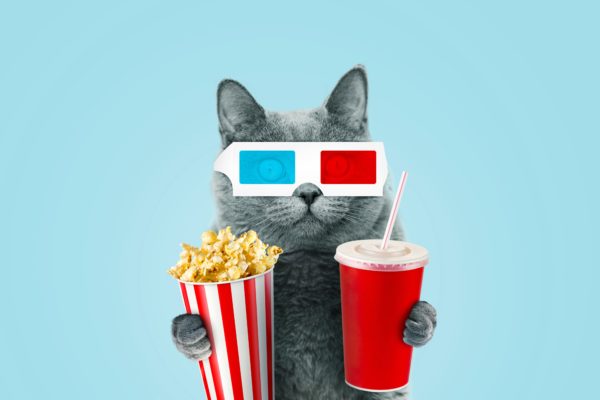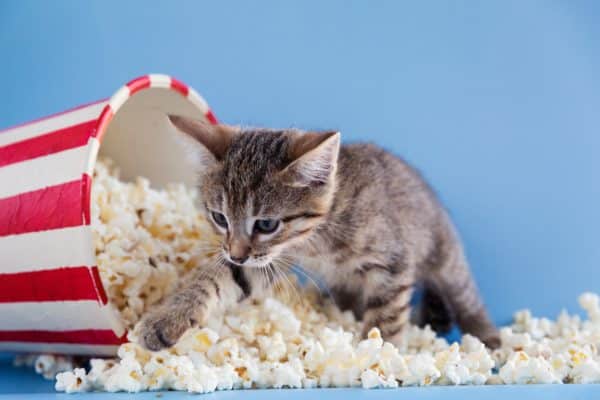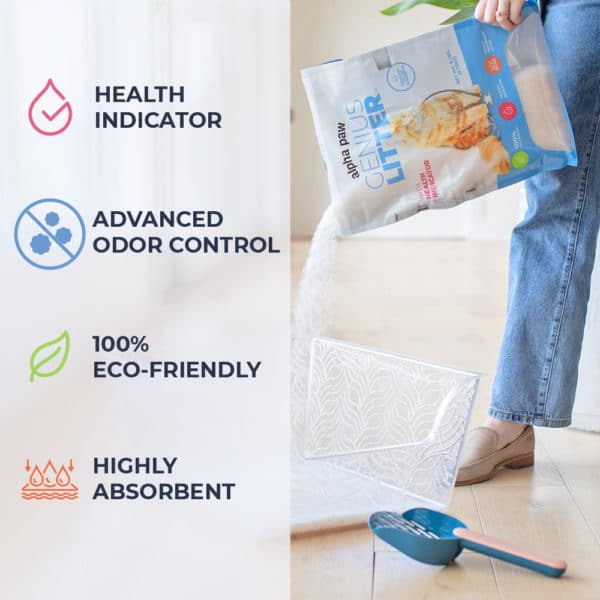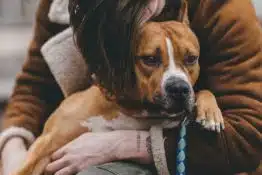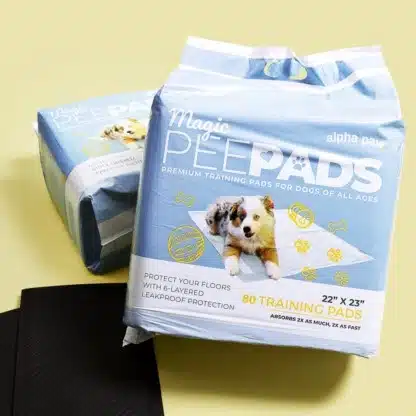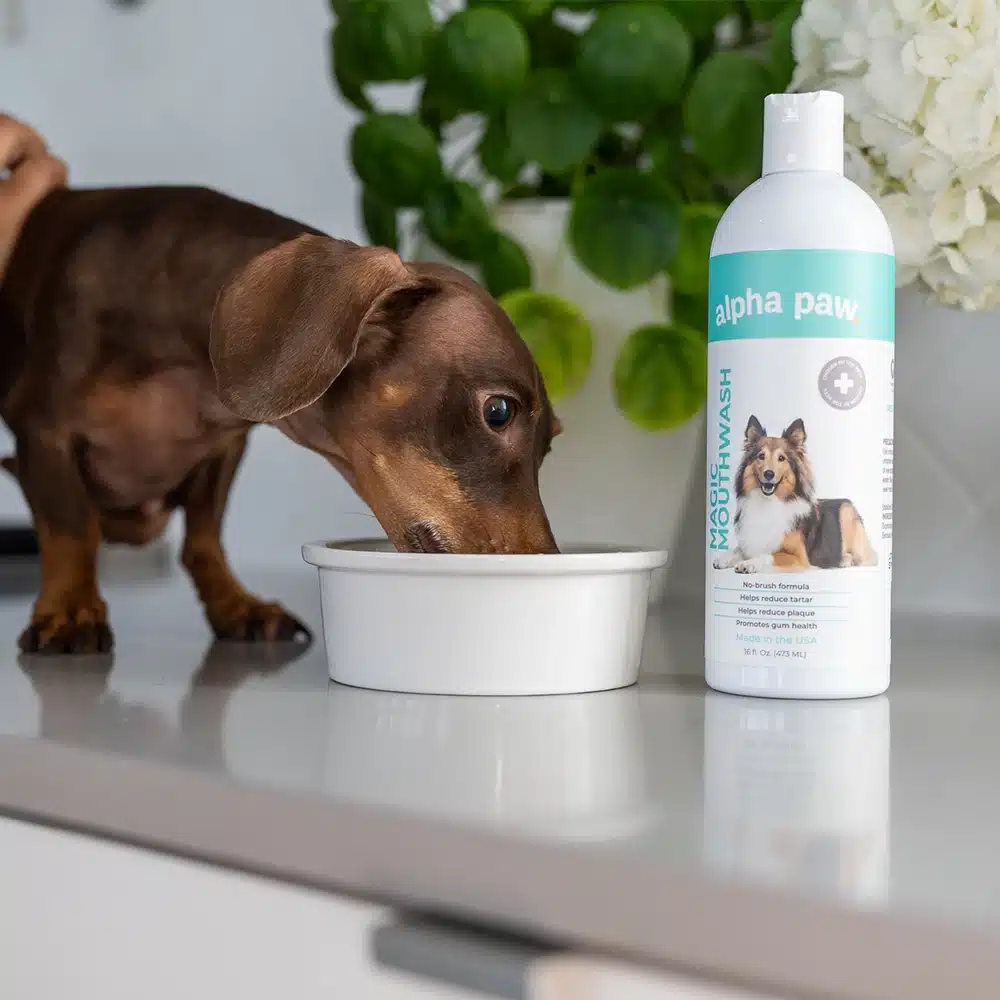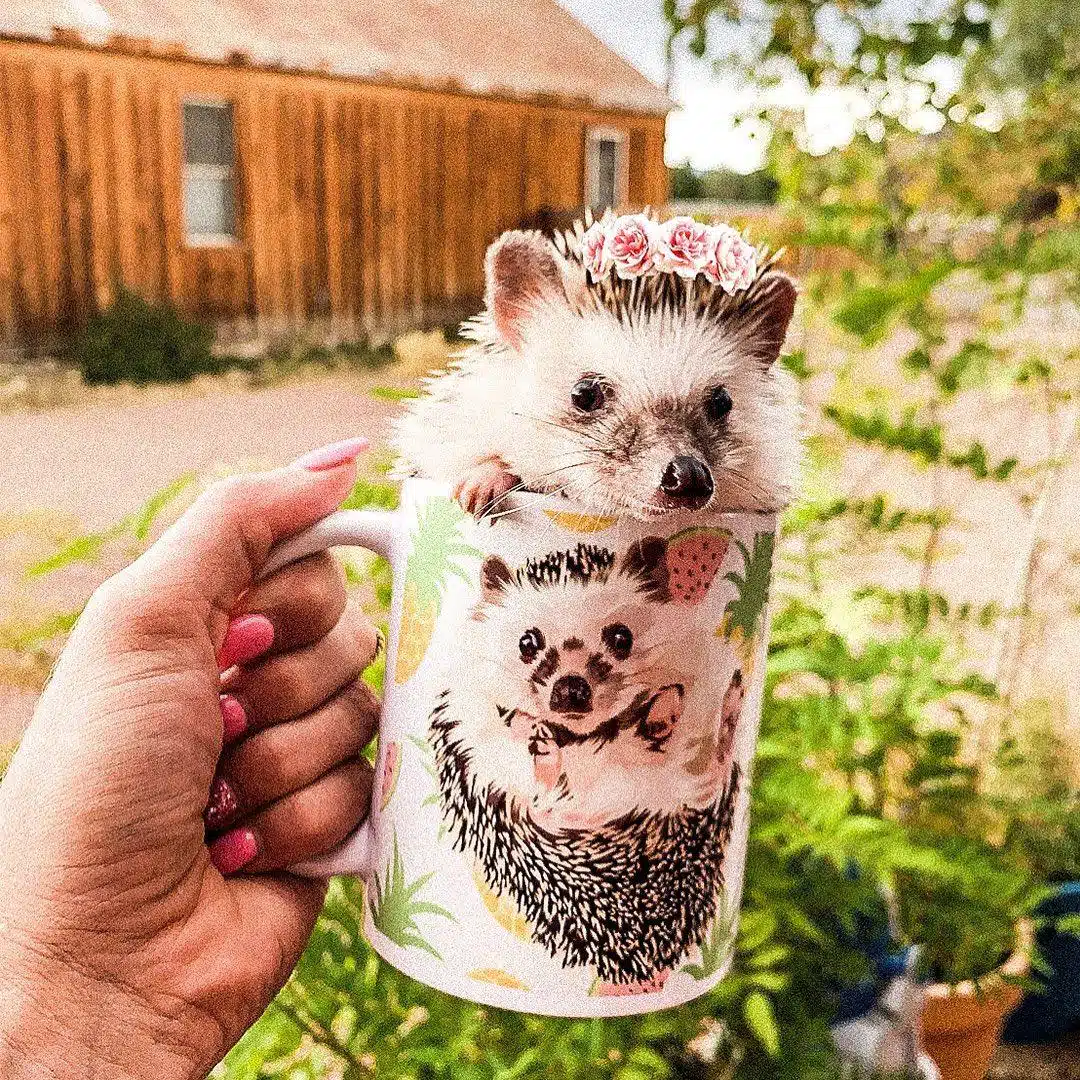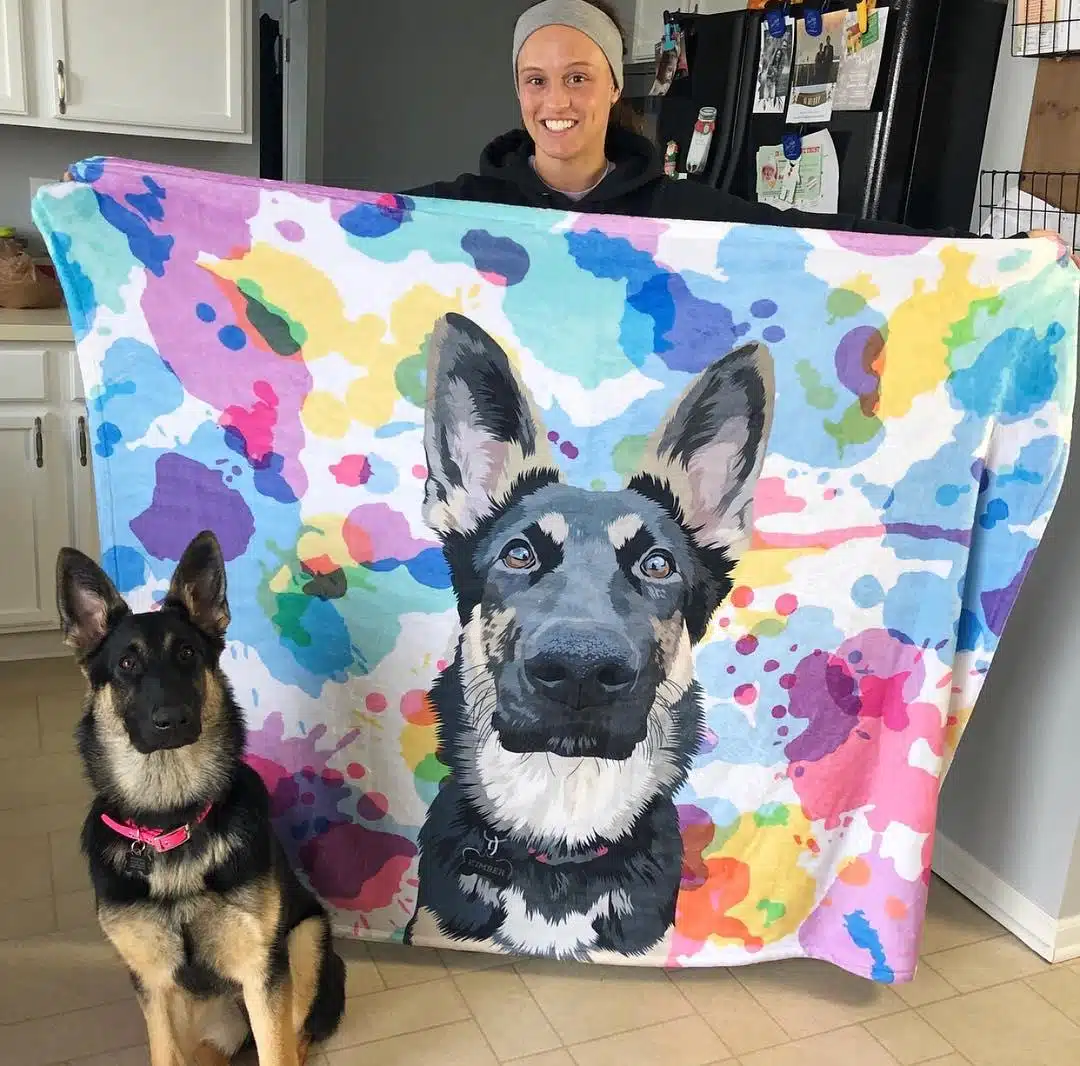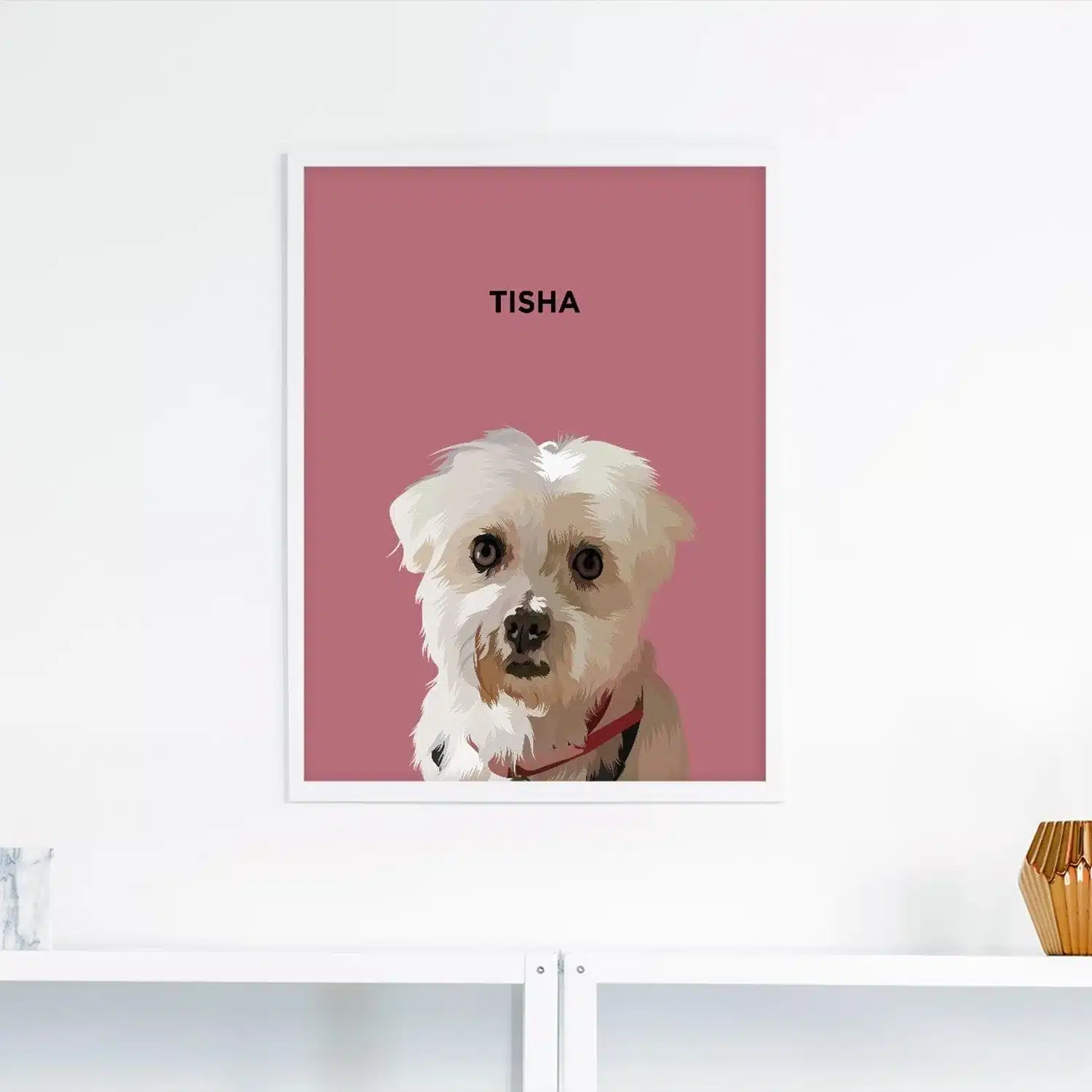If you’re planning on eating some popcorn while watching your favorite television show tonight, you might be interested to find out – can cats eat popcorn?
Well, you might be surprised to learn that the answer isn’t as straightforward as one might think.
Worry no more!
This article will help clear up any questions you have about whether or not your cat can eat popcorn so you can enjoy a snack together.
Keep reading to find out the answer!
Popcorn: What’s in it?
Popcorn has become so popular in recent years because it’s low in calories (about 30 calories per cup) and its high fiber content helps lower cholesterol levels.
The ingredients in popcorn are corn, soybean oil, salt, butter or cheese, and a few other spices. Some brands use sugar as well.
Can Cats Eat Popcorn?
Yes, cats can eat popcorn but in small amounts. Popcorn by itself is not toxic and is considered safe for cats.
Please keep in mind—popcorn is ok, not perfect.
Besides stomach aches and other issues that can occur from eating too much popcorn, the ingredients in popcorn, such as butter and salt, can also pose health risks.
Cats are obligate carnivores and need a meat-based protein diet to maintain their health. The best cat food for your cat is the type that is mostly animal meat in order to keep it healthy.
Does Popcorn Provide Any Health Benefits to Cats?
Although there are some health benefits to popcorn for both humans and other animals, it is not a good choice of food for a cat.
Popcorn has trace amounts of vitamins B, A, E, and K, but no essential protein or minerals that are beneficial to a cat’s diet.
The nutrients found in popcorn are plant-based and therefore not a good source of nutrition for obligate carnivores like cats.
That being said, your cat can enjoy some plain-cooked popcorn occasionally.
Why Do Cats Have an Urge Towards Popcorn?
Cats are drawn to popcorn because of its high aromatic quality. The butter or cheese that is added to the popcorn emits a very strong smell that is attractive to cats.
Butter or cheese-flavored products smell just as good to cats as they do to humans and will often encourage them to beg for food.
Additionally, cats have excellent senses of smell; they may be attracted to popcorn.
Lastly, as more and more research is done into the psychology of animal attraction, it has been found that animals can be attracted by color as well as by smells and tastes.
Can Cats Eat Popcorn of Any Type?
Many types of popcorn are not safe for cats to eat because they are laced with butter and salt, which can lead to an upset stomach or digestive issues in your pet.
The safest type of popcorn for your pet to eat is plain-cooked popcorn.
Avoid flavored popcorn, cheese, or butter because these ingredients may be too strong for their sensitive digestive systems and could lead to vomiting or diarrhea.
Is Plain Salted Popcorn Safe for Cats to Eat?
Salted popcorn is toxic to felines when ingested in large amounts. The salt in salted popcorn irritates the stomach lining and leads to excessive thirst.
When cats drink too much water they will urinate more and may not be able to take in enough water for their body needs.
Symptoms of high-sodium poisoning include:
- Vomiting
- Diarrhea
- Dehydration
- Lethargy
- Seizures
- Organ failure
In severe cases, salt toxicity can result in death within 24 hours. If you have salted popcorn sitting around make sure it’s stored out of reach from your pets or keep a close eye on them if they are allowed to roam free in your home.
Can Cats Eat Buttered Popcorn?
Buttered popcorn is not the safest snack for our furry friends, and here are a few reasons why.
Like other foods that contain fat and cholesterol, butter can trigger gastrointestinal issues like vomiting and diarrhea in felines.
Not only that, buttered popcorn is high in calories and can lead to weight gain, clogged arteries, and heart disease.
Keep your pet healthy by avoiding buttered popcorn and other food that is bad for them.
My Cat Likes Popcorn, Can I Give Her Store-Bought Popcorn?
Store-bought popcorn might seem like a tasty snack for your kitty, but there are some things you should know before you give them any.
First off, it’s not a good idea to let your cat eat any uncooked popcorn kernels. These can get stuck in their teeth and make them sick if they’re not chewed up enough.
Second, store-bought popcorn is usually sprayed with butter or oil (or both), so it can be hard on a cat’s stomach and lead to diarrhea or constipation.
Third, many kinds of microwave popcorn contain artificial flavors and sweeteners that are toxic to pets.
If you still want to feed store-bought popcorn to your feline friend, read the ingredients list first and buy plain air-popped popcorn.
What are the Risks Involved in Cats Eating Popcorn?
Not every cat reacts the same to food, and every individual cat might have a different opinion about different types of food. For example, some cats may like popcorn, while others may get sick or even allergic to it.
Popcorn can be harmful to cats in the following ways:
- Accidental Choking
- Overdose of Fiber
- Gastrointestinal Problems
- Dental Issues
- Allergic Reaction
Accidental Choking
Cats eating popcorn can be risky business due to the shape and dry texture of the food.
Popcorn has been responsible for many cases of accidental choking in cats across the country because it is harder to chew and swallow than other foods.
If you suspect that your pet has ingested some and is showing signs of difficulty breathing or coughing, you should call your vet immediately.
Sometimes pets will vomit up the popcorn, but if they don’t make an effort to do so then you’ll need to take them in for immediate care.
Overdose of Fiber
Some cats become susceptible to dietary fiber when they are eating popcorn since it is high in fiber content.
The problem is that popcorn is not a balanced diet for kitties and eating too much of it can lead to nutrient malabsorption and other gastrointestinal issues in felines.
Gastrointestinal Problems
Popcorn is a delicious and popular snack for humans, but it can be dangerous for cats. It’s not just the butter and salt on popcorn that are harmful to cats; it’s also the popcorn itself.
The hard unpopped kernels can cause gastrointestinal problems like:
- Vomiting
- Diarrhea
- Bloating
- Loss of appetite
- Abdominal pain
- Constipation
- Compromised digestion
Dental Issues
Dental issues can be a major concern for cats. When chewed on too hard, unpopped popcorn kernels can damage your cat’s dental roots, resulting in chipped, dislocated, or fractured teeth.
They also have a difficult time chewing on popped popcorn due to its light and fluffy texture.
If you do decide to feed your cat some popcorn, make sure to cut it into small pieces first so that they are easier to chew.
Allergic Reaction
Popcorn is a type of corn kernel that has been dried and heated to create this crunchy snack.
When a cat eats popcorn, it can develop an allergic reaction to the popcorn, which is typically due to its corn allergy.
The most common symptom of an allergic reaction includes the:
- Runny nose
- Swollen eyes
- Diarrhea
- Itchy skin
- Unnatural stool
- Vomiting
- Coughing or wheezing
Bear in mind that allergic reactions can be very serious so you always need to get permission from your veterinarian before feeding your cat any amount of popcorn.
Can Cats of All Ages Eat Popcorn?
It is not recommended to feed popcorn to kittens and senior cats because it may cause them to have digestive issues.
They have sensitive stomachs and popcorn can wreak havoc on their digestion. The hulls in popcorn can irritate a cat’s sensitive stomach lining and lead to vomiting, diarrhea, or constipation.
Moreover, weaning kittens should not eat popcorn because they need a diet that is high in protein.
In What Circumstances Can a Cat Not Eat Popcorn?
A cat’s ability to eat popcorn will depend on a few factors, including how old they are, its health, and whether or not they are pregnant.
A cat with a healthy digestive system can usually eat popcorn sparingly. However, if your cat is sick or pregnant, it is not recommended that you feed them popcorn.
When you feed your sick cat popcorn, it will release gas in the stomach which can cause pain and discomfort and lead to vomiting.
This can be especially dangerous for a pregnant cat because it could lead to gastrointestinal problems.
For this reason, feeding cat popcorn should be avoided at all costs unless otherwise specified by a vet.
Key Takeaways
- It is possible for cats to eat popcorn occasionally as a snack.
- Store-bought popcorn or popcorn with flavors should be avoided.
- Popcorn consumed in large amounts or given too often can cause gastrointestinal problems.
- Popcorn can cause allergic reactions in some cats.
- Always consult with a vet before introducing any new food into your pet’s diet because some foods may cause stomach issues or allergic reactions.
Pro Tip:
It can be very stressful and concerning when a beloved pet is not feeling well, so it’s worth it to get pet insurance to make sure you can cover the veterinary bills.
Importance of Pet Insurance
Pet insurance is a great way to protect your animal’s health. It can be hard to predict when an accident will happen, but with pet insurance, you’re covered.
There are a few different types of plans depending on your needs, and it only takes minutes to get coverage for your pet.
Some pet insurance companies will even cover 100% of veterinary expenses. So make sure to choose the best pet insurance plan for your furry friend.
Once you have a plan in place, vet bills will never be too high because they’ll already be covered by the policy.
It’s important that we all take care of our animals’ safety and well-being so they can enjoy their lives just as much as we do ours.
What Makes Genius Litter Different from Ordinary Litter?
Say goodbye to hauling heavy bags and hello to easy Genius Litter.
With our innovative non-clumping litter formula, you’ll need less of it. One bag of our disposable Genius Litter lasts up to a month, so you won’t need to refill the box as often and can save money on monthly costs.
One thing that separates us from traditional litter is that Genius Litter changes color to indicate when your cat has a potential health issue, so you can get them help before it becomes an urgent medical situation.
All you need to do is set up a delivery date with us each month, and rest easy knowing that Genius Litter will arrive at your doorstep every 30 days.
For a convenient solution for your cat, try Genius Litter today!
Why is Lysine so Important for Your Pet?
Protect your pet’s immunity!
Have you noticed that your cat is coughing, sneezing, and having rapid breathing? Or maybe he/she has been scratching more than usual?
These are all signs of a weakened immune system. One way to prevent this from happening is by using lysine supplements.
Lysine plays a key role in your pet’s immunity because it helps to regulate the immune system.
Without enough lysine, your pets will be more susceptible to illness because their immune system can’t fight off infections as efficiently.
When they are sick, they will also be less able to absorb nutrients and make use of other supplements that can help them feel better.
Give your pet the support they need. Our Lysine supplement provides essential amino acids to help support a strong immune system.
Order now to get 300 one-scoop servings or 150 two-scoop servings and don’t worry about expiry!
80% of Dogs Develop Arthritis or Joint Pain by 7 Years old – Here’s How to Protect Them
Most of us train our dogs when they are puppies to jump up on furniture. We think it’s harmless (and easier than always lifting them), but for dogs, couches and beds are very high compared to the size of their bodies.
Every time they jump it compresses their back and applies enormous force to their joints.
It’s no wonder that an incredible 80% of dogs experience arthritis or joint pain by only 7 years old.
Luckily, there is a vet-recommended solution.
It’s the PawRamp by Alpha Paw. An adjustable ramp that allows dogs to safely get on and off couches and beds. PawRamp makes joining you in bed or on the couch effortless and fun.
As a bonus, you can use code SAVE35 to get $35 off the PawRamp today.

